Entrepreneurial Product Development is a 4th year professional practice course in the School of Design.
In EPD all projects progress through development to a market launch. This emphasis on product realization introduces students to a set of constraints that are rarely encountered in studio projects. EPD students find customers, form relationships with stakeholders, and learn what it takes to actually produce and deliver solutions to customers.
The 2020 class, taught by Ted Burdett, engaged in three projects, exploring different modes of production, platforms for dissemination, and business models.
Anchor by Juan Salgado
Quickstarters
The EPD Fall semester began with a crash course in prototyping and market testing. Using the Kickstarter platform, students launched small campaigns to find customers, engage with them, and test assumptions underpinning their value propositions.
These projects are geared for “self-manufacturing” leading to hands-on learning in production and fulfillment.
Anywhere Coffee Brewer by Alvaro Ucha Rodriguez
Kickstarters
The second EPD project bridges the Fall and Spring semesters. Students either build upon their original value proposition, pivot to a similar problem area, or switch to another topic entirely.
The campaigns developed in this phase of class require students to cultivate partnerships with project stakeholders outside of the School in manufacturing, marketing, design.
Prototype by Juan Salgado
RX Marketplace
The COVID-19 pandemic inspired a reframing of the final project.
Rebuilding Exchange, a Chicago social-enterprise, closed physical operations, moving online. But with its workshop closed, RX was in need of new suppliers. EPD students designed developed goods and services to populate the brand new RX marketplace, connecting local producers with customers around the theme of creative reuse.
Quickstarters

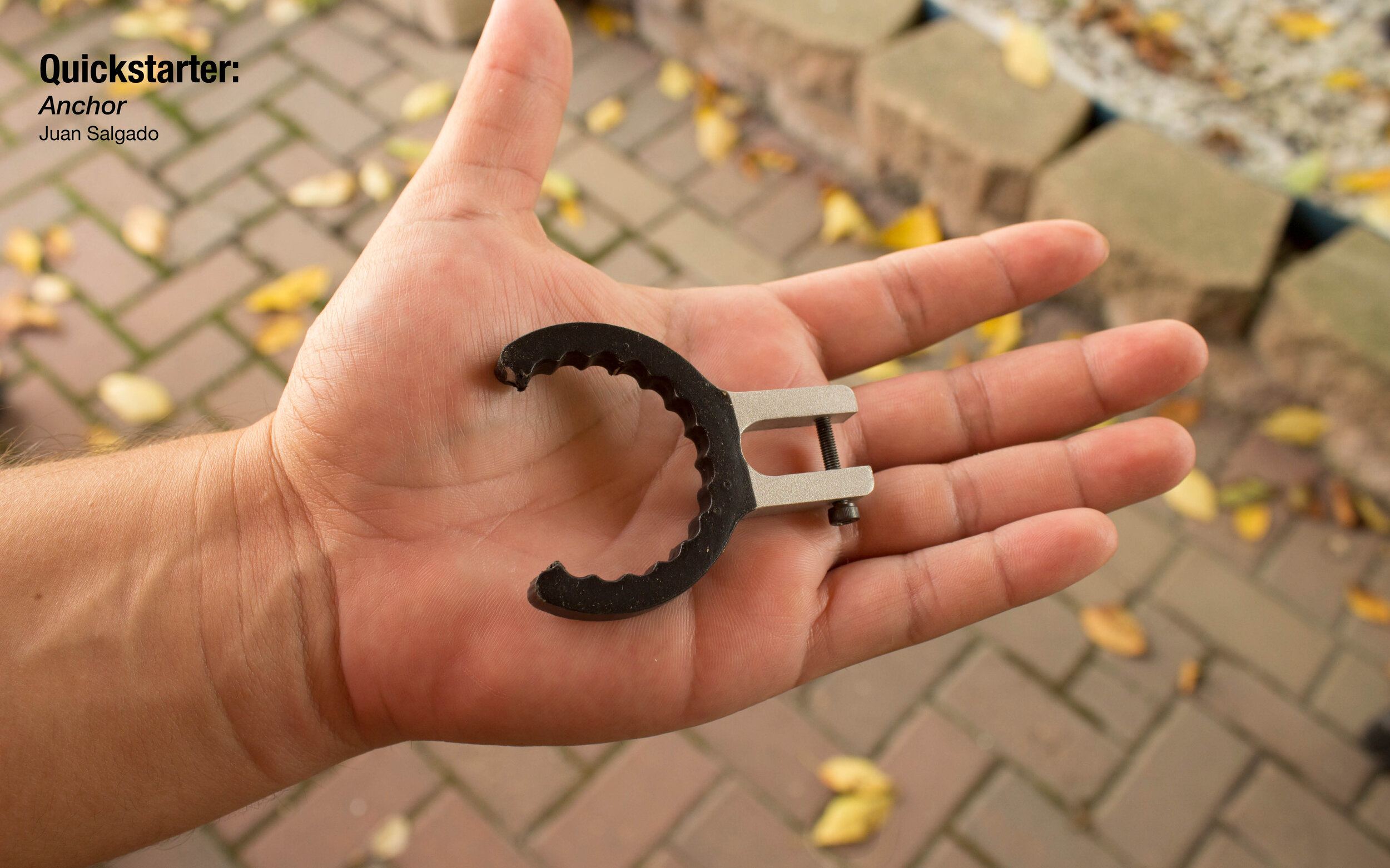

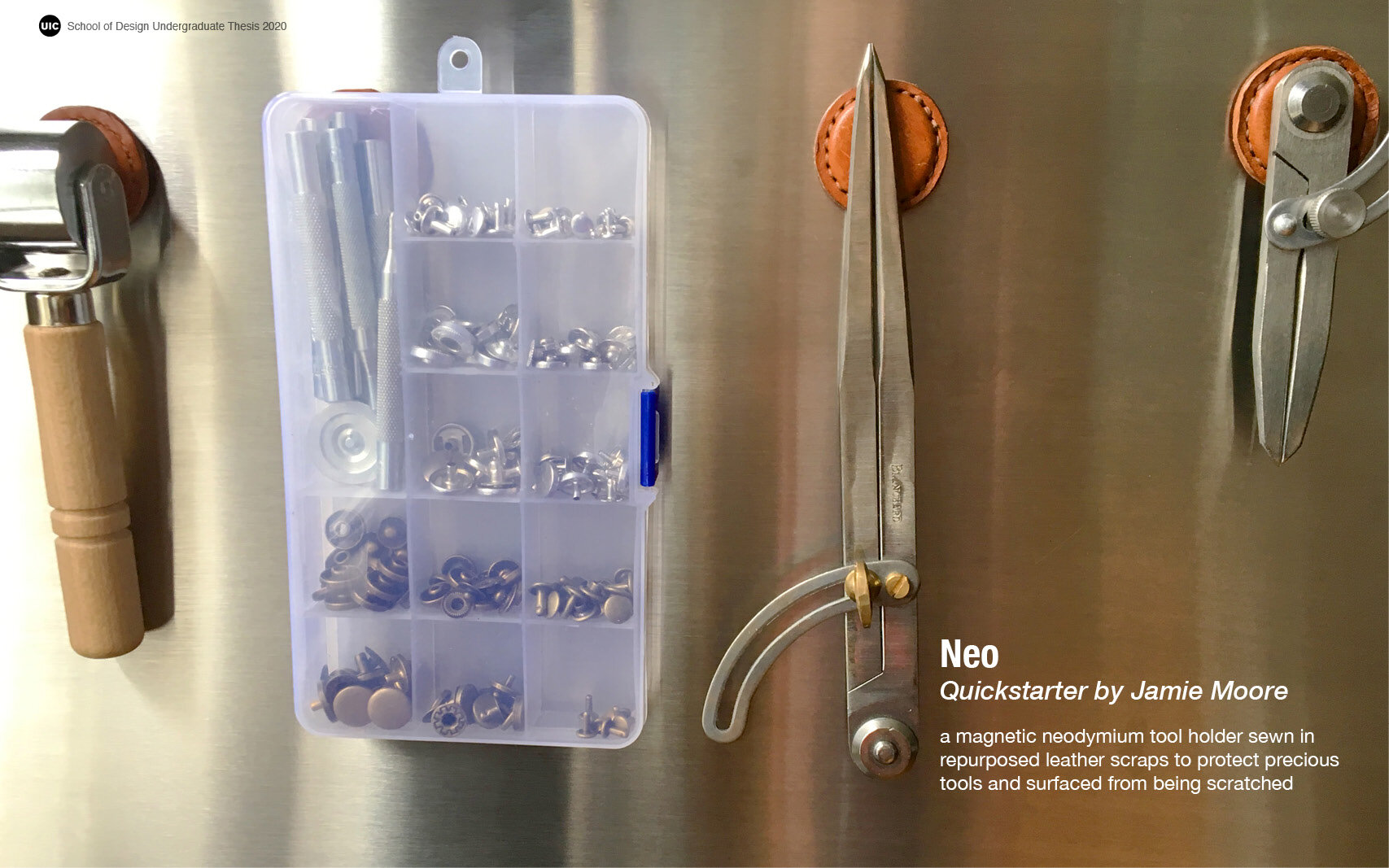
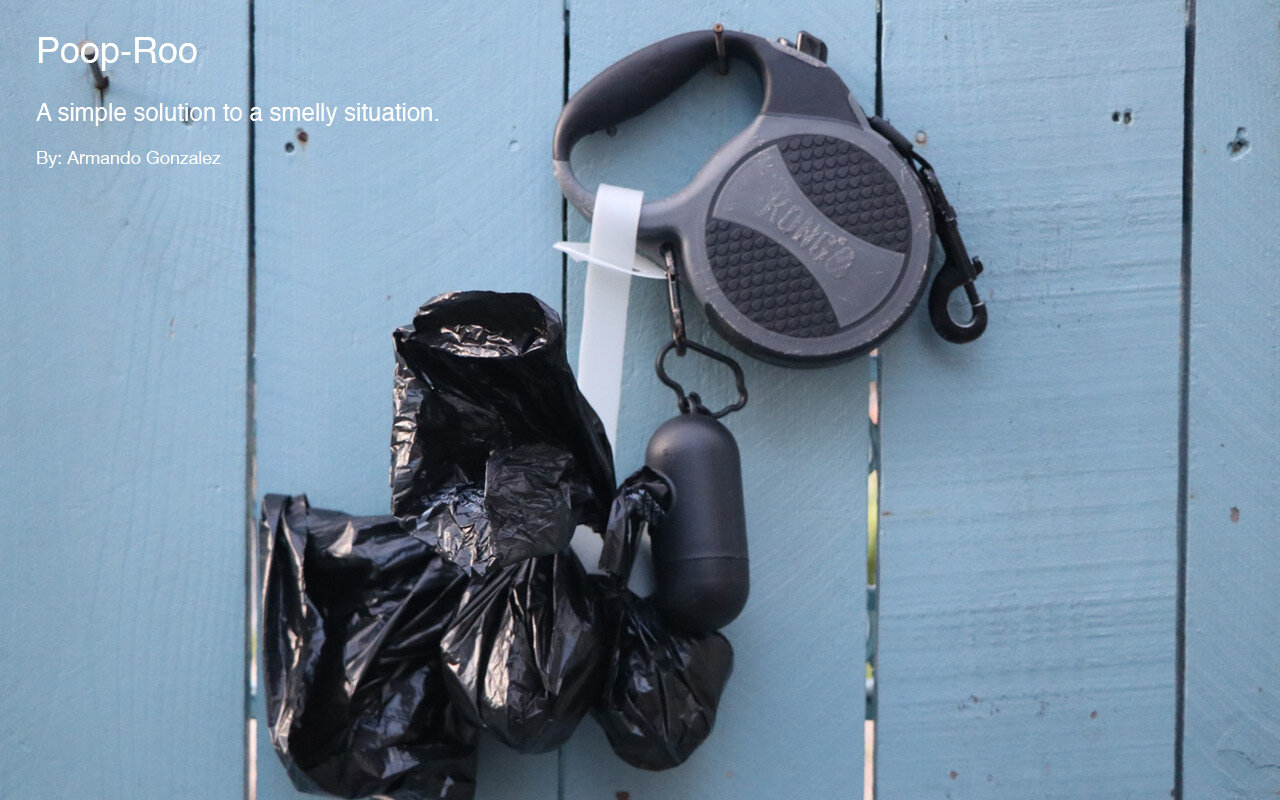


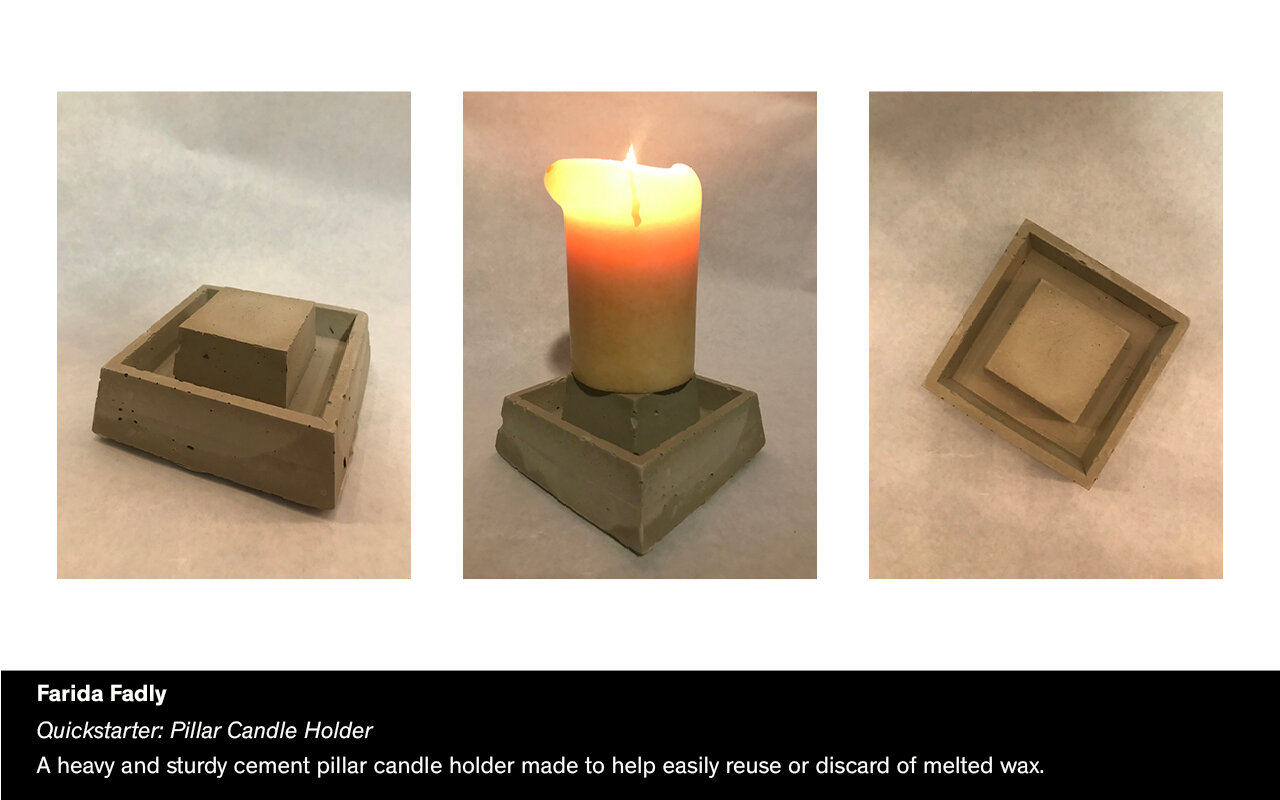




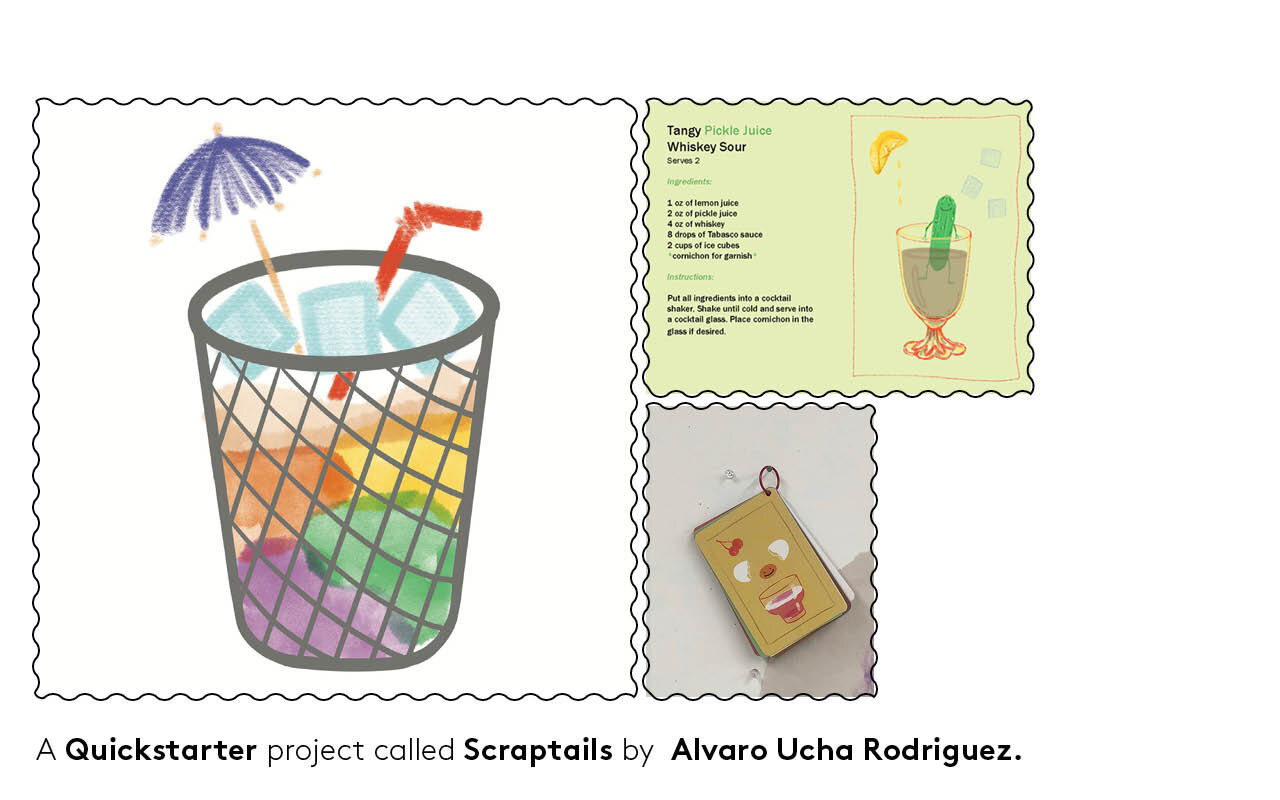



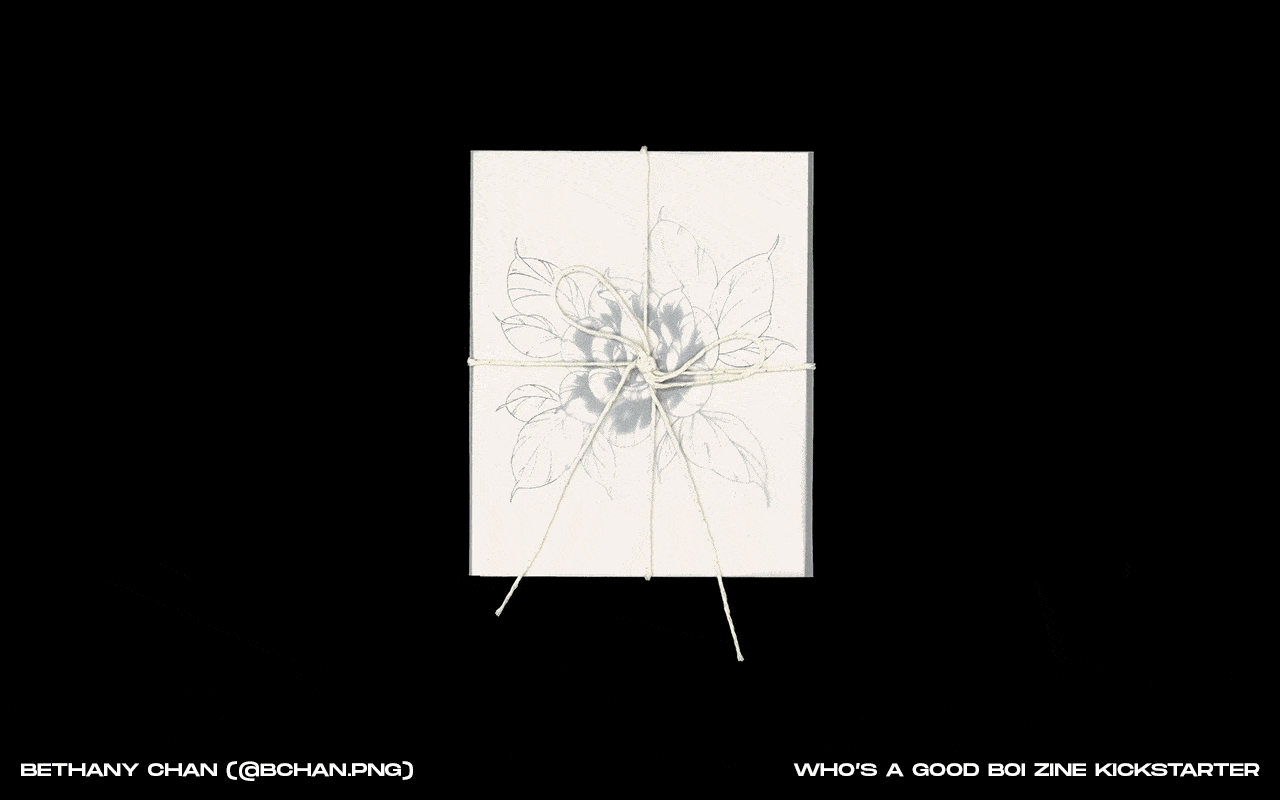

Kickstarters
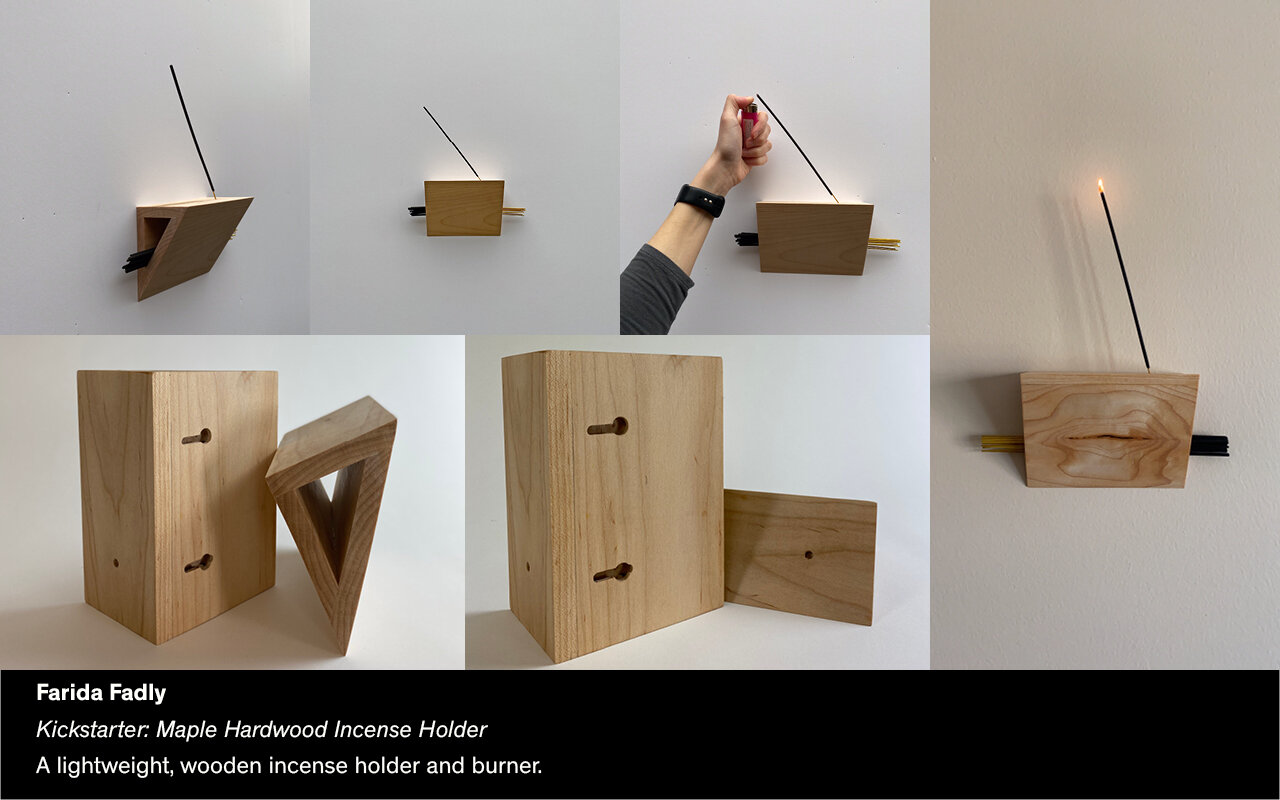



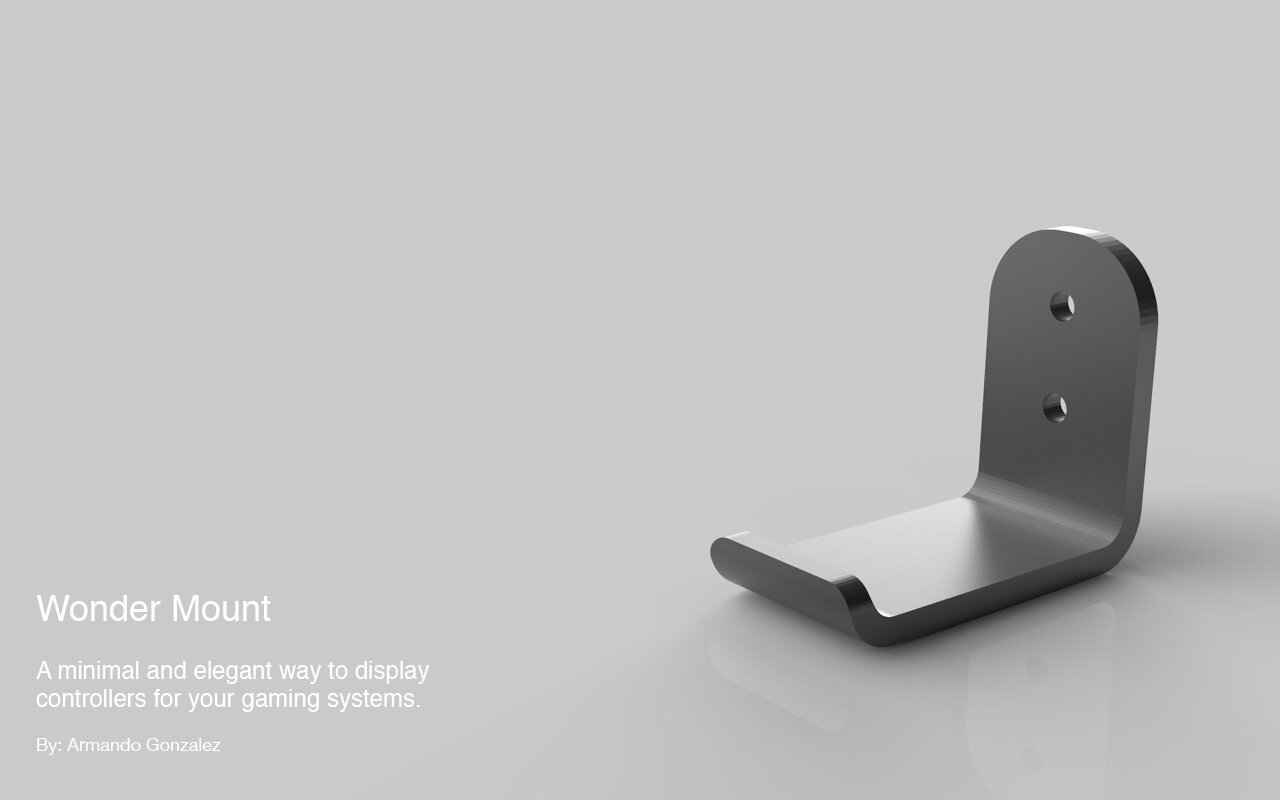
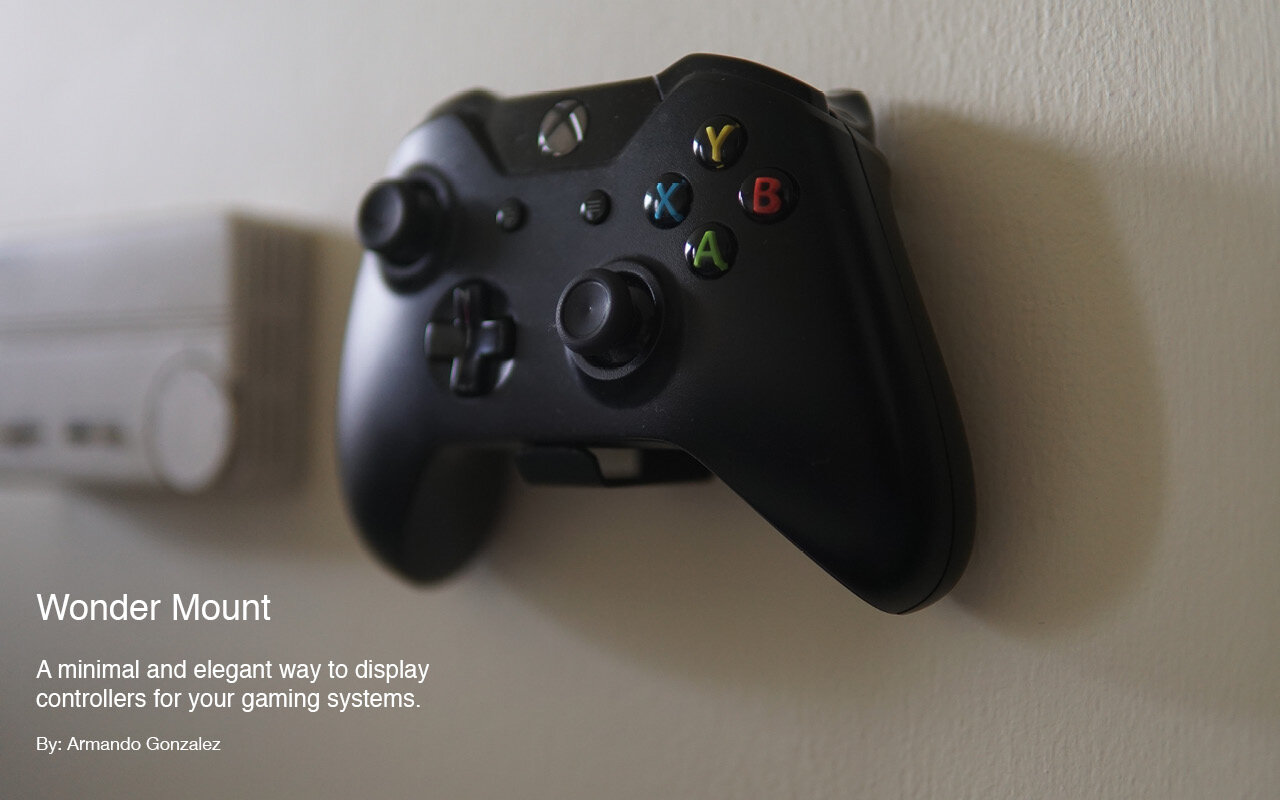

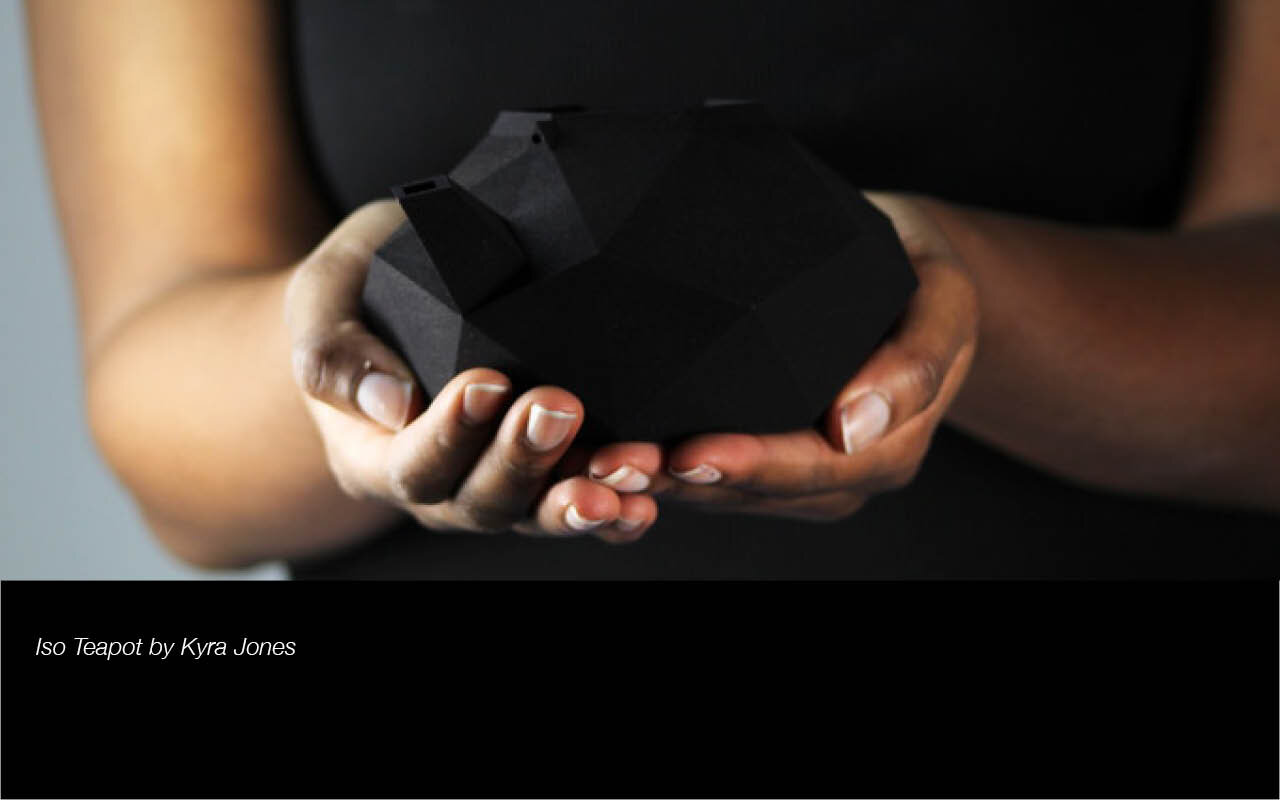




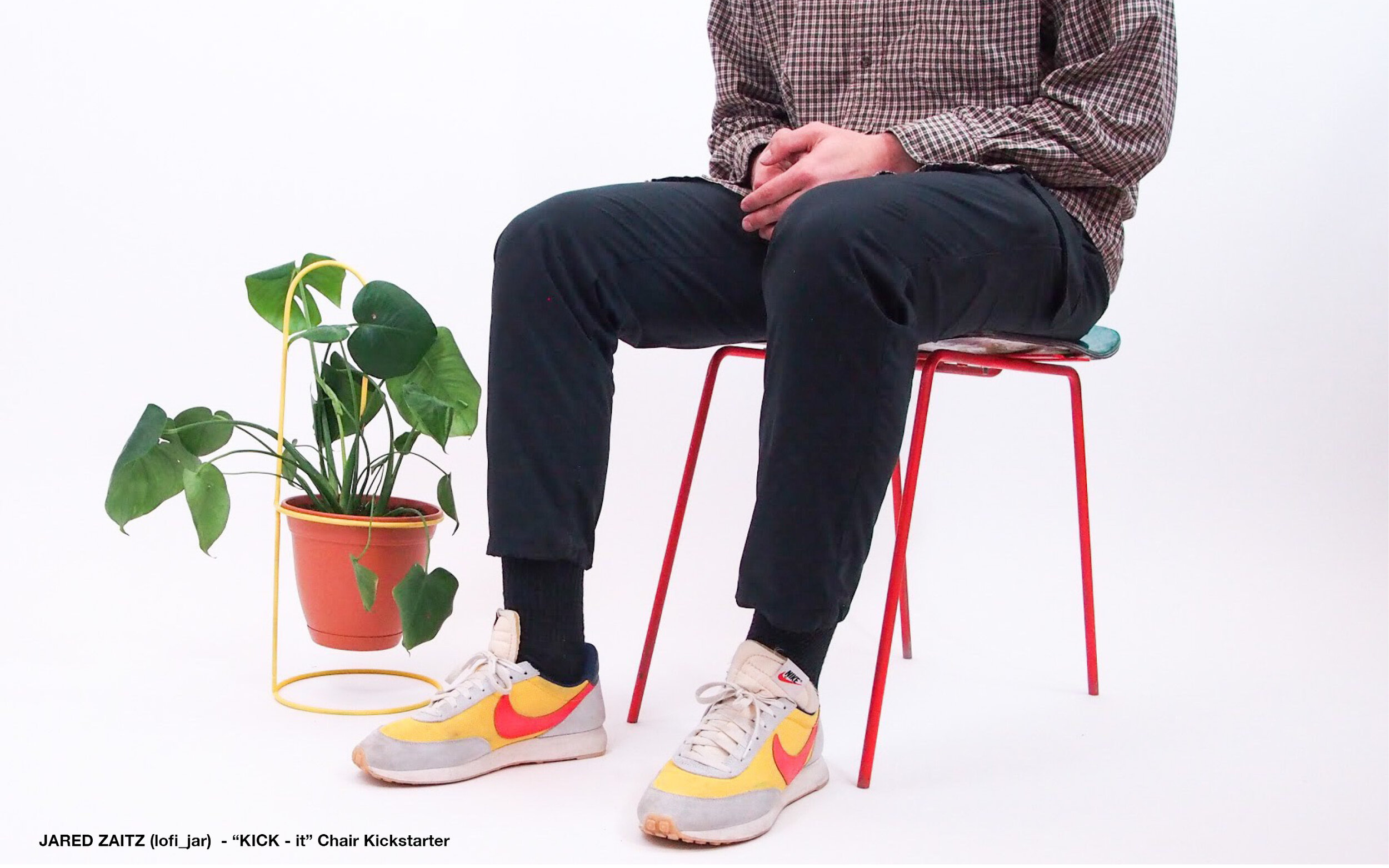





RX Marketplace

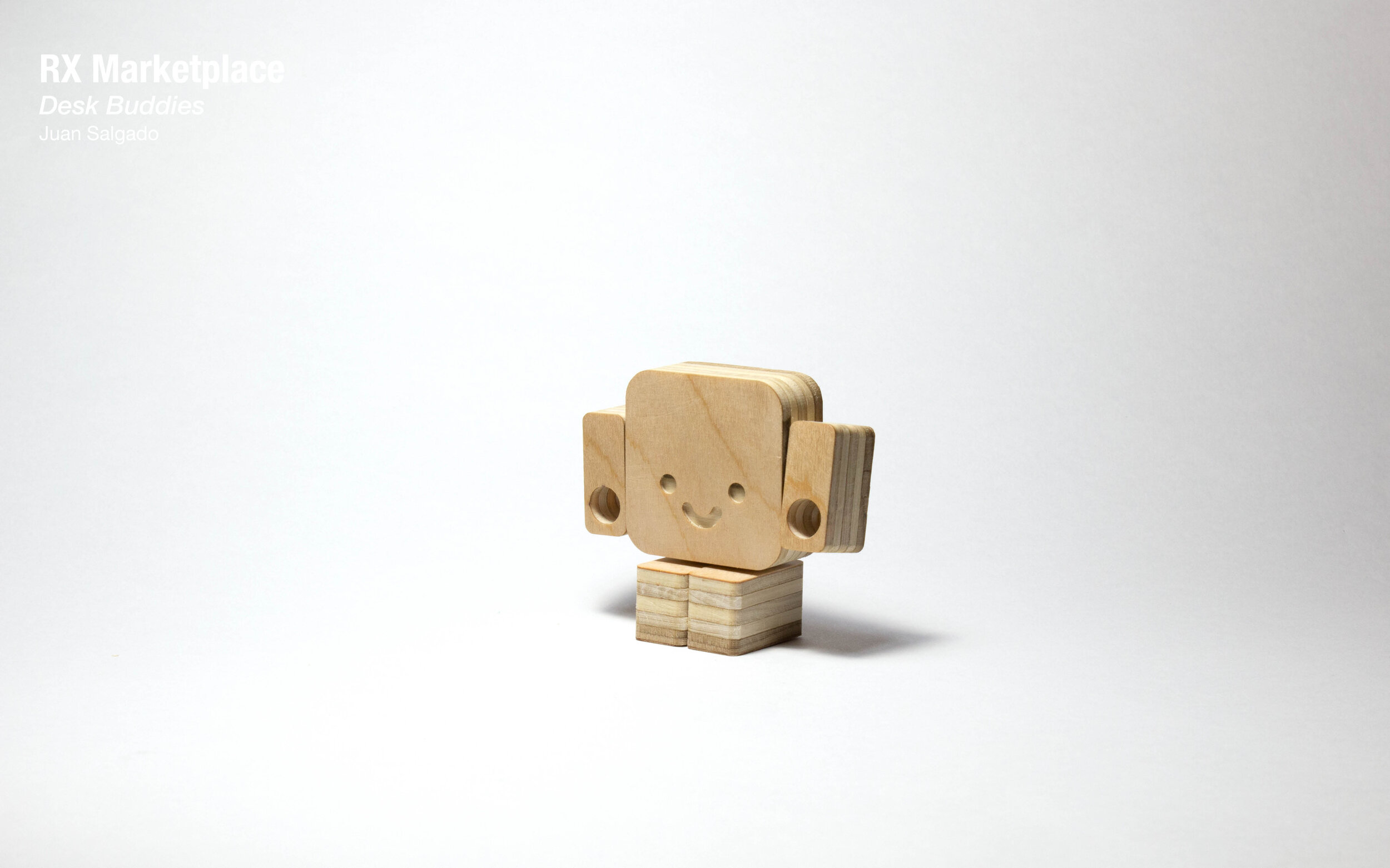
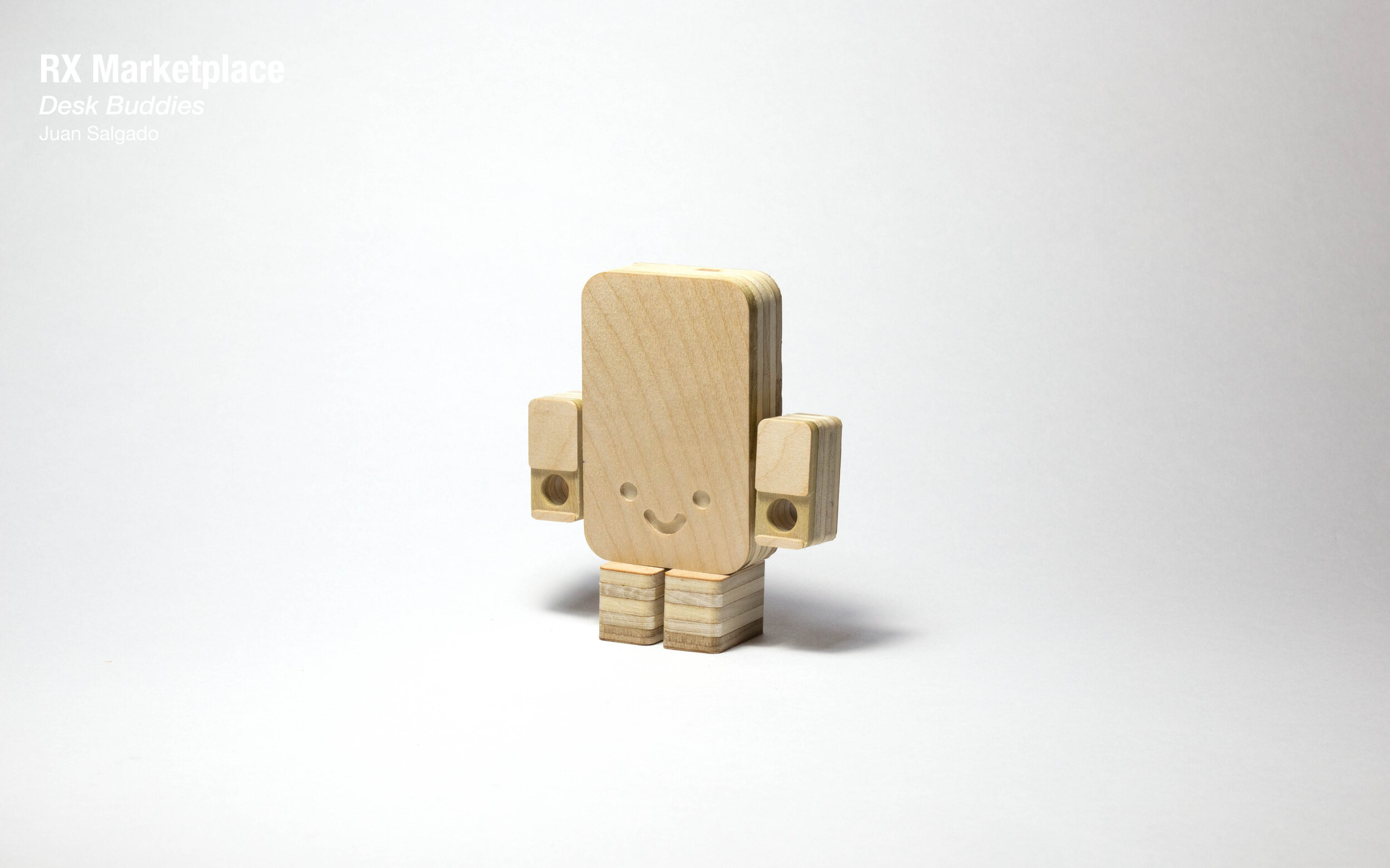




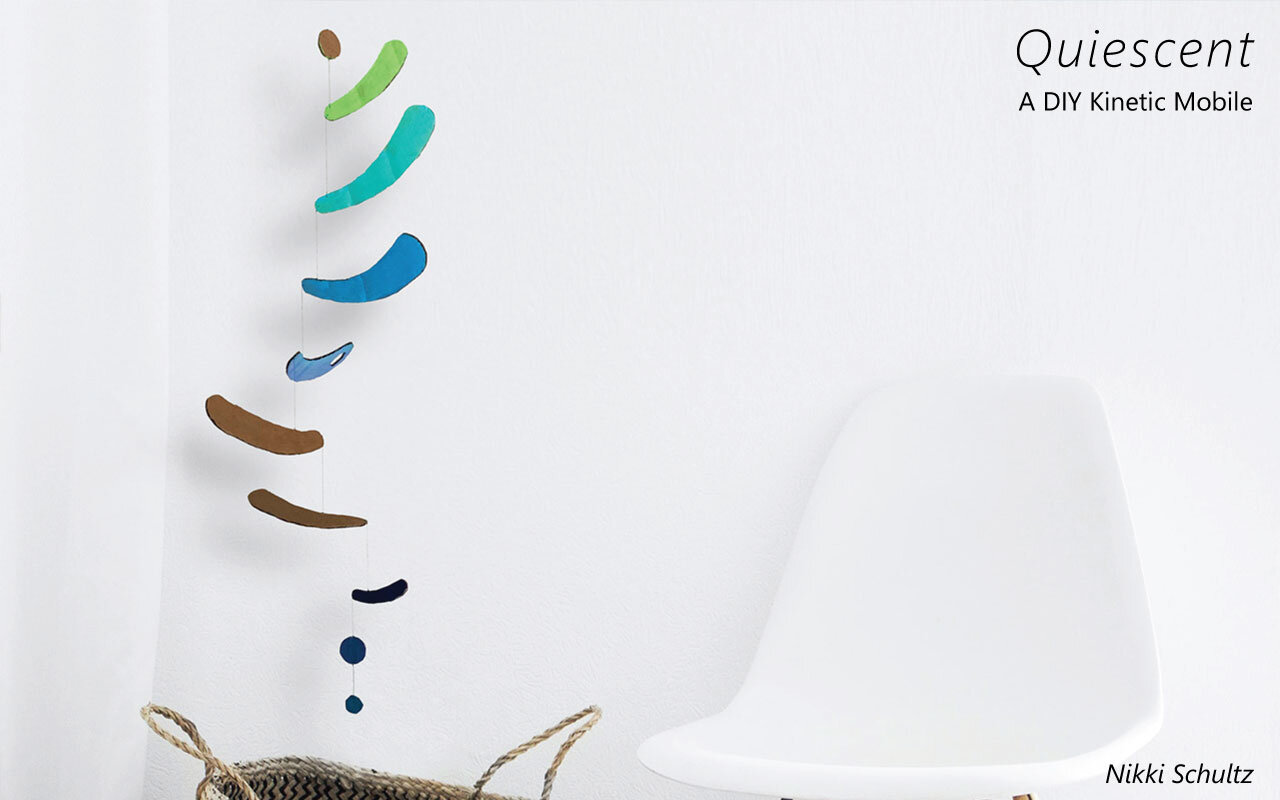
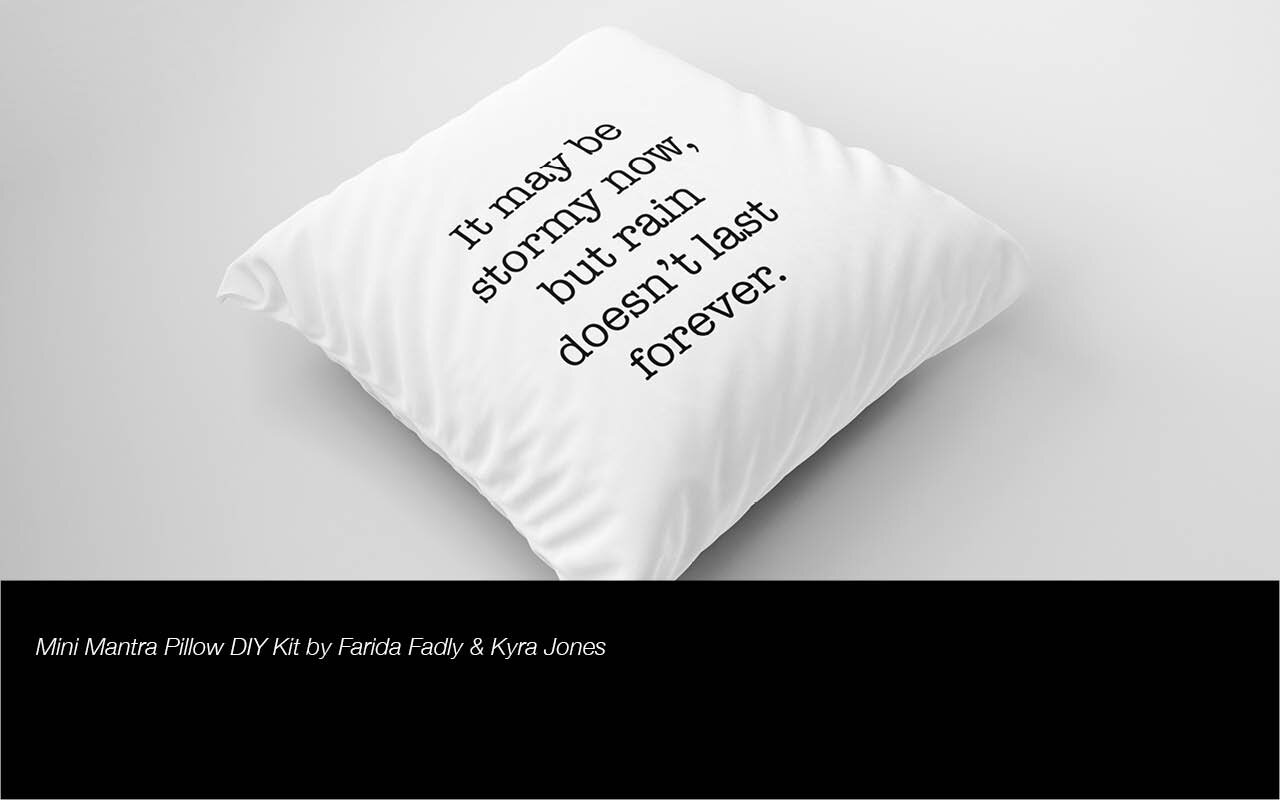
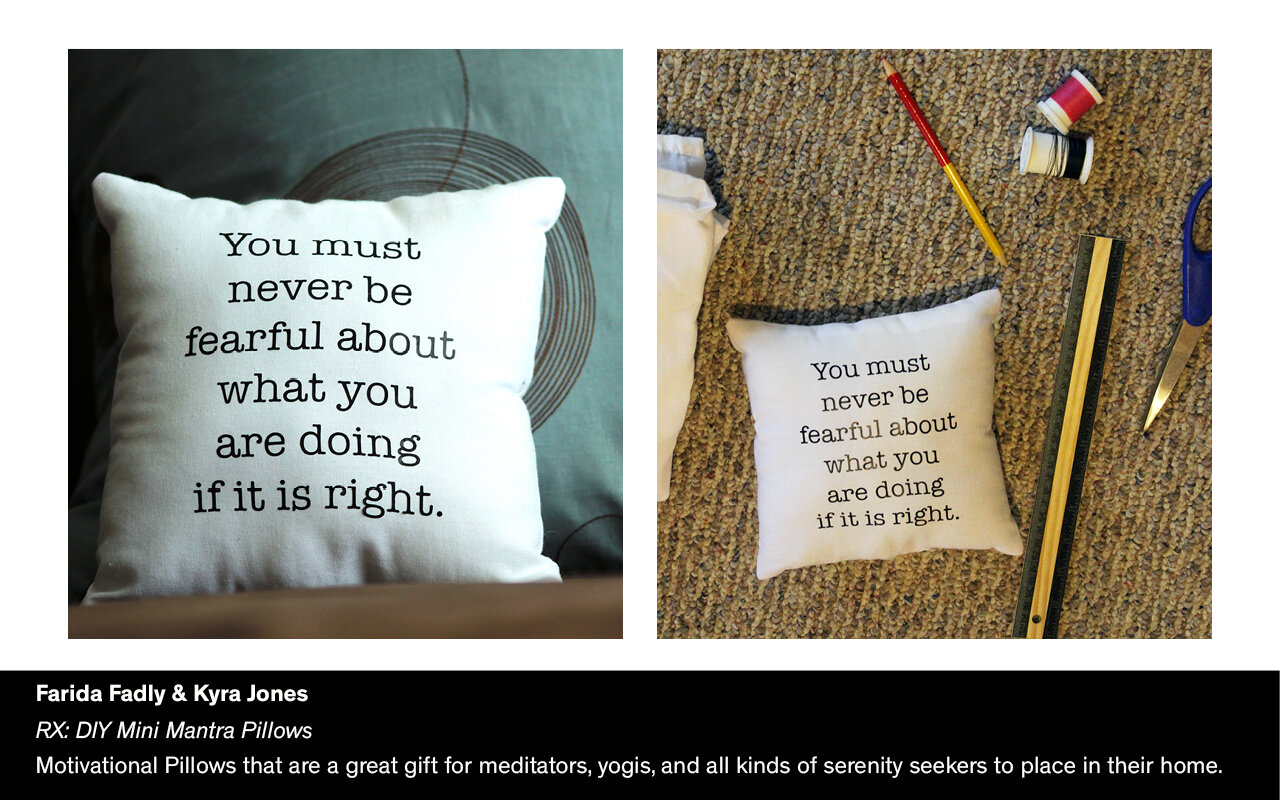

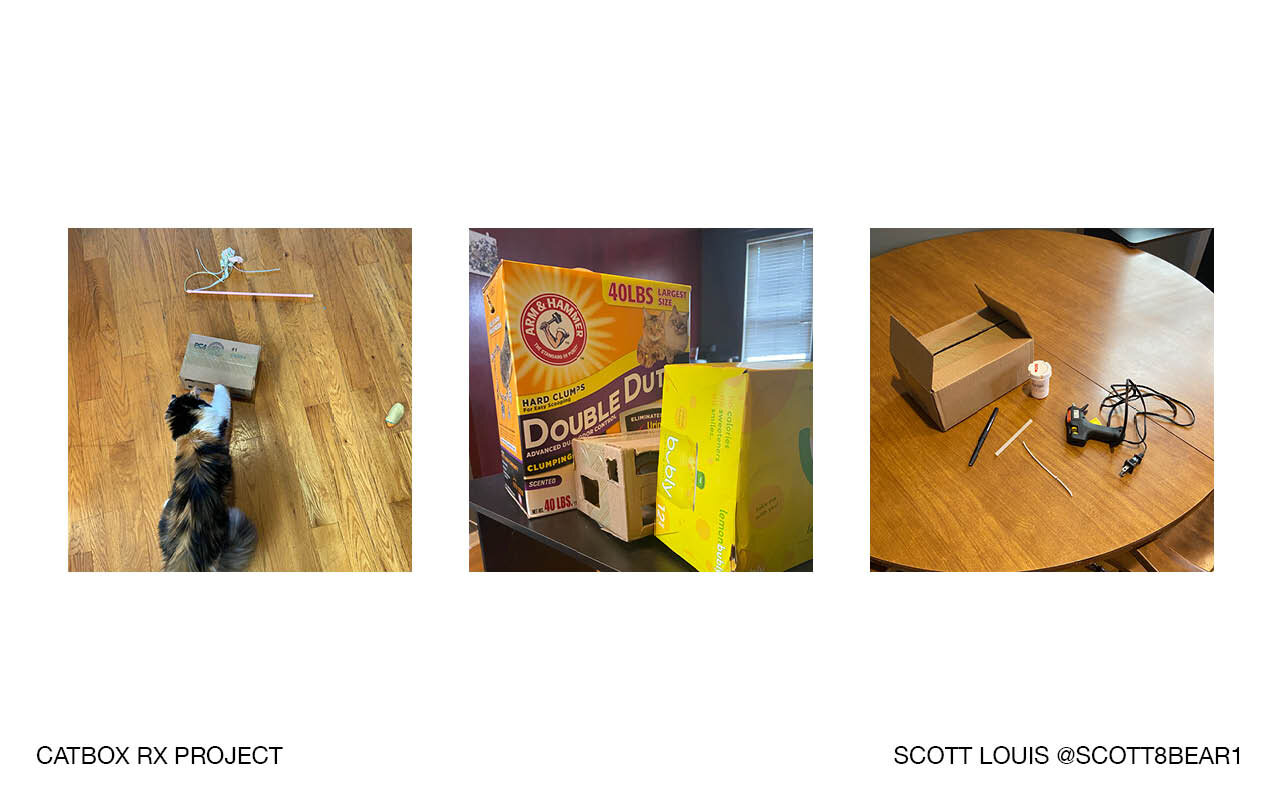






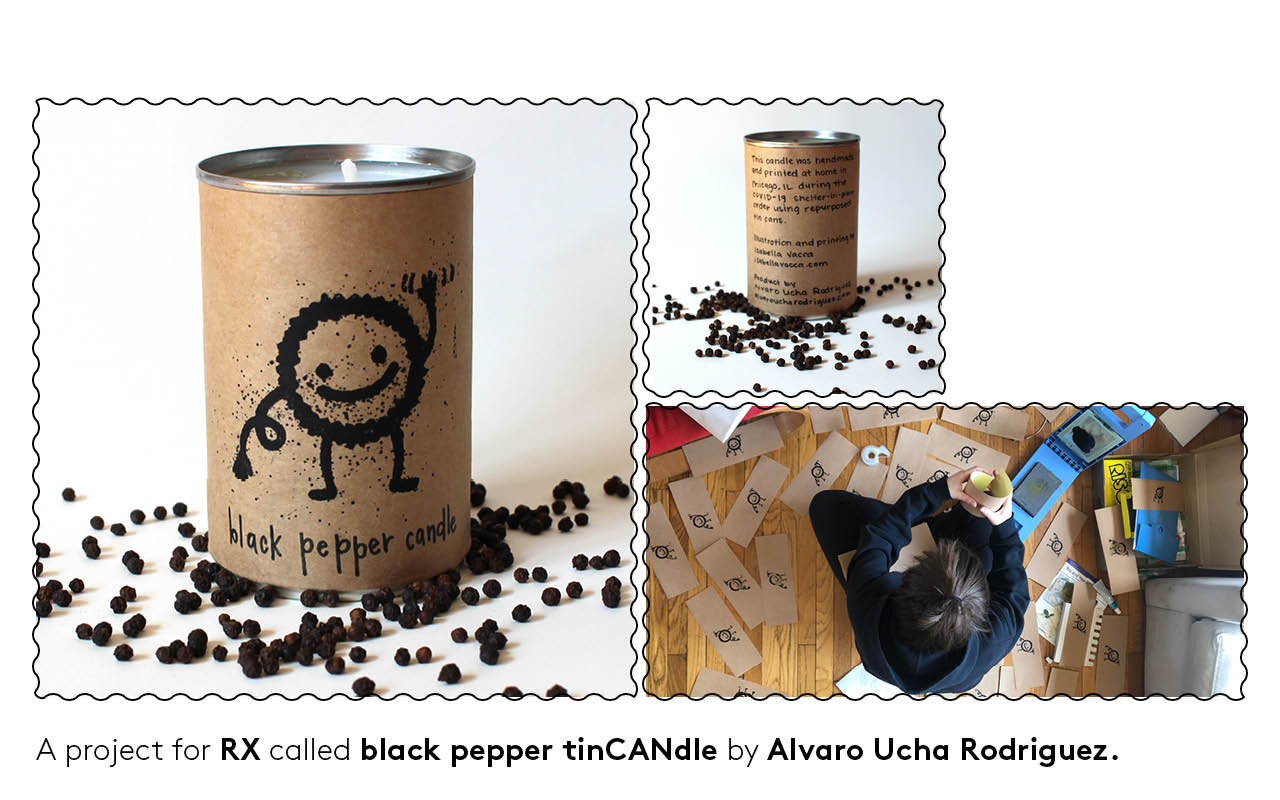
EPD Students
Juan Salgado
EPD has created a new understanding of how a business can revolve around my own designed products. There had always been a disconnect, for me, between my ideas and bringing them to market. Venturing through two successful Kickstarter campaigns, I can proudly say that I have brought my designs to life and served a small market.
The lessons I’ve learned from Mr. Burdett will help me immensely in my future business endeavors. From simply creating a breakeven spreadsheet to knowing how to remain successful through various pivoting tactics, the knowledge that I’ve acquired will influence how I view all aspects of projects, big or small.
Kyra Jones
While in the EPD course, I learned rather quickly that being an entrepreneur might not be the path for me. That being said, I found components of entrepreneurship very helpful in my own design practice, especially with my senior thesis, and will continue to apply these skills in the future.
Bethany Chan
I think my view of business and entrepreneurship has drastically changed since I’ve progressed through my design education and career, but as of late, I think I’ve come to realize that it’s not as callous and unattainable as I had once perceived it to be. That being said, I’d totally love to have an independent studio practice or even just further expand my client network and work for myself.
Farida Fadly
I see entrepreneurship being a part of my design career for a couple reasons, first by helping me grow my network and possibly leading to more job opportunities. Although I am a graphic designer, I feel like I know the basics of entrepreneurship well enough to possibly start my own business, or help someone build theirs.
As an entrepreneur, everything is a productivity challenge, and in that way, it has helped me prepare for similar challenges I have and will still face in my career, regardless of the job I will hold in the future. I’ve learned to stay calm and find ways to overcome financial hardship (in my Kickstarters for example). Worst case scenario, I would have to start over. But I’ve been taught ways to pivot instead, and will apply these to any future projects/assignments.
Aryeh Goldsmith
While it’s difficult to say to what extent, entrepreneurship will definitely play a part in my future in design. Even if I work for a larger company, pursuits of personal interest will benefit from an entrepreneurial process. Furthermore, understanding many of the principles of entrepreneurship can be useful when working for others.
Alvaro Ucha Rodriguez
Entrepreneurship always seemed like something that I wouldn’t need to learn. I can now safely say after my experience with Entrepreneurial Product Development that it’s essential in order to have a deep understanding of the design industry in relation to other industries. Having put in practice all of my knowledge on entrepreneurship through the Kickstarter and RX projects will hopefully give me an advantage when entering the professional field.
Nikki Schultz
Design and entrepreneurship go hand in hand, to be a good designer is to be a good entrepreneur. I believe that any designer should take a class focusing around running a business – you gain a depth and understanding about what design is in its essence.
Design is a small part in this bigger web, and I will use what I’ve learned about entrepreneurship to expand my horizon, and my understanding of what design truly is.
Scott Louis
EPD has changed my perspective about the "hustle" that often happens in the design world and makes me more interested in using the knowledge that I have learned to launch my products and services in the future, whether at my own studio or in a larger corporation.
The methods and tactics I have learned about, allow me to have an understanding of entrepreneurship and will enable me to talk to people from marketing and other sides of design that I would not have had the confidence to speak to in the past.
Peter Van
My view of entrepreneurship has changed from a view of greedy business to being a way to bring my ideas to life.
I've enjoyed building relationships and expanding my design capabilities. I've learned that I don't have to bring an idea to life by myself, and it's a lot more fun to get involved with others.
Jared Zaitz
Design is all about creating experiences, products, or improvements to the lives of the people. Entrepreneurship is all about generating value, solving problems, and taking risks. Together, design and entrepreneurship, are perfect partners, and that is what my education at UIC has taught me.
As a designer, my toolbox allows me to create a product from scratch, model it, design it, and get it made. As an entrepreneur, my toolbox allows me to recognize what products need to be made, and who needs to have access to them. Someday down the line, after I have put in my time and worked hard in developing skills as an employed designer, I will become an independent designer. Entrepreneurship will allow me to critically analyze any design problem, and help create the solution which will deliver the greatest value to all people involved.
In my eyes, a design career without some sort of entrepreneurial spirit is a design career wasted. Have courage. Make a name for yourself. Create the world around you and do it well.
Armando Gonzalez
Entrepreneurship to me is the ability to be able to achieve your own goals and dreams. The ability to have an idea and make it a reality. I learned a lot about entrepreneurship during this class, even some things I didn't even know that were needed to run your own business. I hope to continue to learn in life about running a business and hopefully one day own my own business.
Jamie Moore
Designers can go their entire profession not being entrepreneurs, but where is the fun in designing for clients your whole career without total creative problem identification and ideation? Staying at one job designing one type of product for the rest of my life isn’t an idea that ever appealed to me.
Being an entrepreneur allows individuals the creative liberty to pursue whatever great idea comes to mind, and that can be fulfilling in a way that a career working only for clients might not be.




